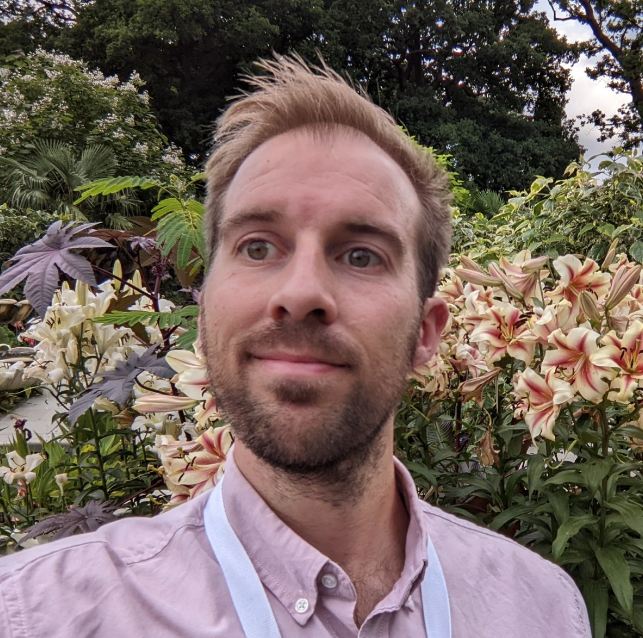Cancer Systems Biology
Dr. Craig Anderson
The cells in our body are constantly buffeted by exogenous agents that damage our DNA, like cigarette smoke and UV radiation. Molecular mechanisms work to quickly repair damage, but these can lead to mutations that are evolutionary capital, endowing cells with the qualities to become cancer. Many chemotherapeutics also work by damaging DNA, so understanding the processes that lead to specific patterns of mutations can provide clues about when cancer evolved and the processes responsible, as well as how it can be treated effectively while avoiding drug resistance.
A recent surprise in our understanding of this process came from the discovery that DNA damage is frequently tolerated and inherited across dividing cells. This typically results in a pattern of chromosome-spanning mutational asymmetry that results from the segregation of damage-containing strands, and is a pervasive feature of mutagen exposure. With my background in evolutionary biology, I've used my ability to infer the lesion-containing strands to demonstrate that repeated replication over unrepaired DNA adducts leads not only to allelic diversity, but also combinations of mutant alleles within clonal lineages. Exploration of the molecular mechanisms underlying this previously unrealised source of mutational heterogeneity provides a novel way of understanding their action across the genome, as well as their role in cancer.
Future projects and goals
In my lab at the German Cancer Consortium (DKTK) partner site in Munich, I combine fundamental laboratory experiments, high throughput sequencing methods and advanced analytical techniques to interrogate the mutagenic mechanisms driving cancer evolution. I hypothesise that the tolerance and build-up of heritable DNA damage in our genomes has a multi-faceted role in the generation of mutations, and insights into these processes will reveal new aspects of mutagenesis and disease progression. Principally, I want to know what modulates the patterns of mutations from tolerated DNA damage and to understand how this changes over the course of our lives.

Dr. Craig Anderson
Junior Research Group Leader – partner site Munich
LMU Klinikum
Cancer Systems Biology